Xiaomi YU7: $35k Ferrari-Killer EV
Xiaomi YU7: The $35,400 Ferrari-Killer EV Shaking Up the Luxury Market
The electric vehicle (EV) market is buzzing, and a major reason is the arrival of the Xiaomi YU7. This stunning luxury SUV, launched on June 26, 2025, has been dubbed a “cheap Ferrari EV” for its striking resemblance to the Ferrari Purosangue and its incredibly disruptive price tag: just $35,400. This isn’t just another EV; it’s a game-changer, challenging the established dominance of Western luxury carmakers. Let’s delve into why.
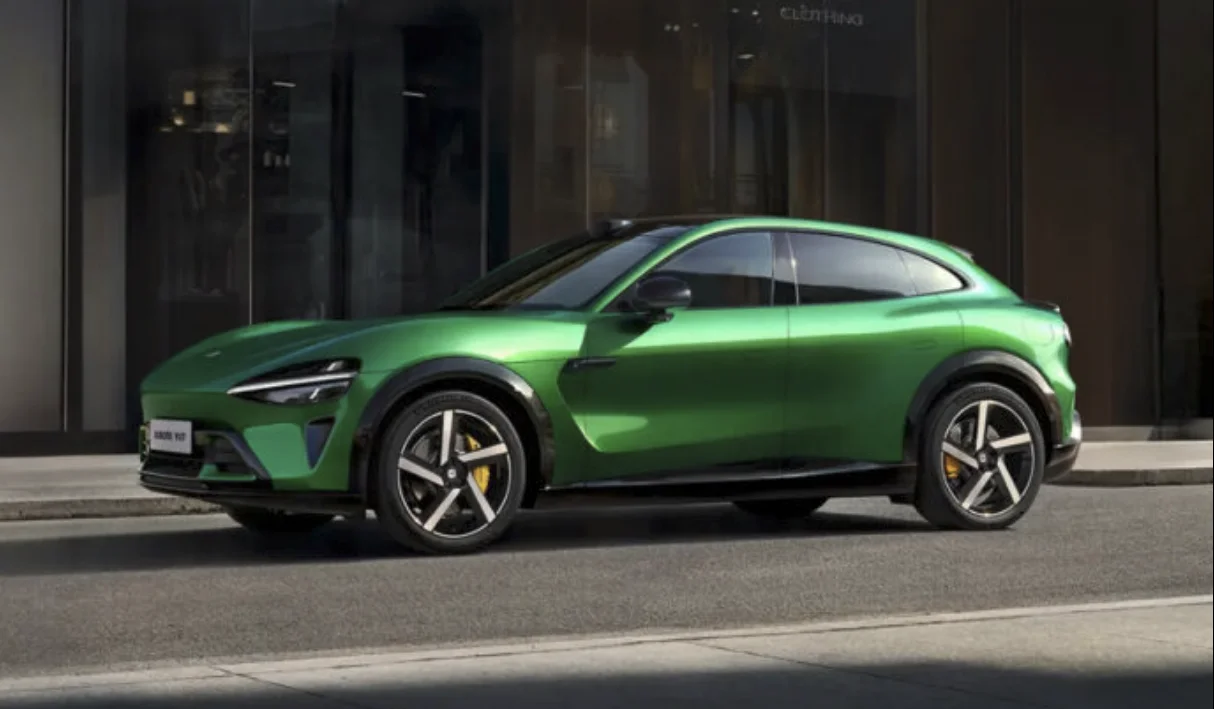
Xiaomi’s Technological Prowess: More Than Just a Pretty Face
Xiaomi, the Beijing-based tech giant known for its smartphones and smart home devices, isn’t new to disrupting industries. Their foray into EVs, starting with a massive $10 billion investment in 2021, showcases their serious commitment. The YU7, following the successful SU7 sedan, is a testament to their expertise in software, AI, and hardware integration, creating an EV that rivals established players. With a range of up to 835 kilometers (519 miles) on the Chinese CLTC scale – surpassing the Tesla Model Y – and rapid charging capabilities (10-80% in 12 minutes), the YU7 boasts impressive specs.
The YU7’s design, while undeniably reminiscent of the Ferrari Purosangue’s sleek lines and featuring McLaren-inspired headlamps, is packed with premium features. These include double-laminated glass for a quieter cabin, active noise cancellation, and a HyperOS-powered infotainment system seamlessly integrated with Xiaomi’s broader ecosystem. Performance is equally impressive, with reports suggesting competitive lap times at the Nürburgring.
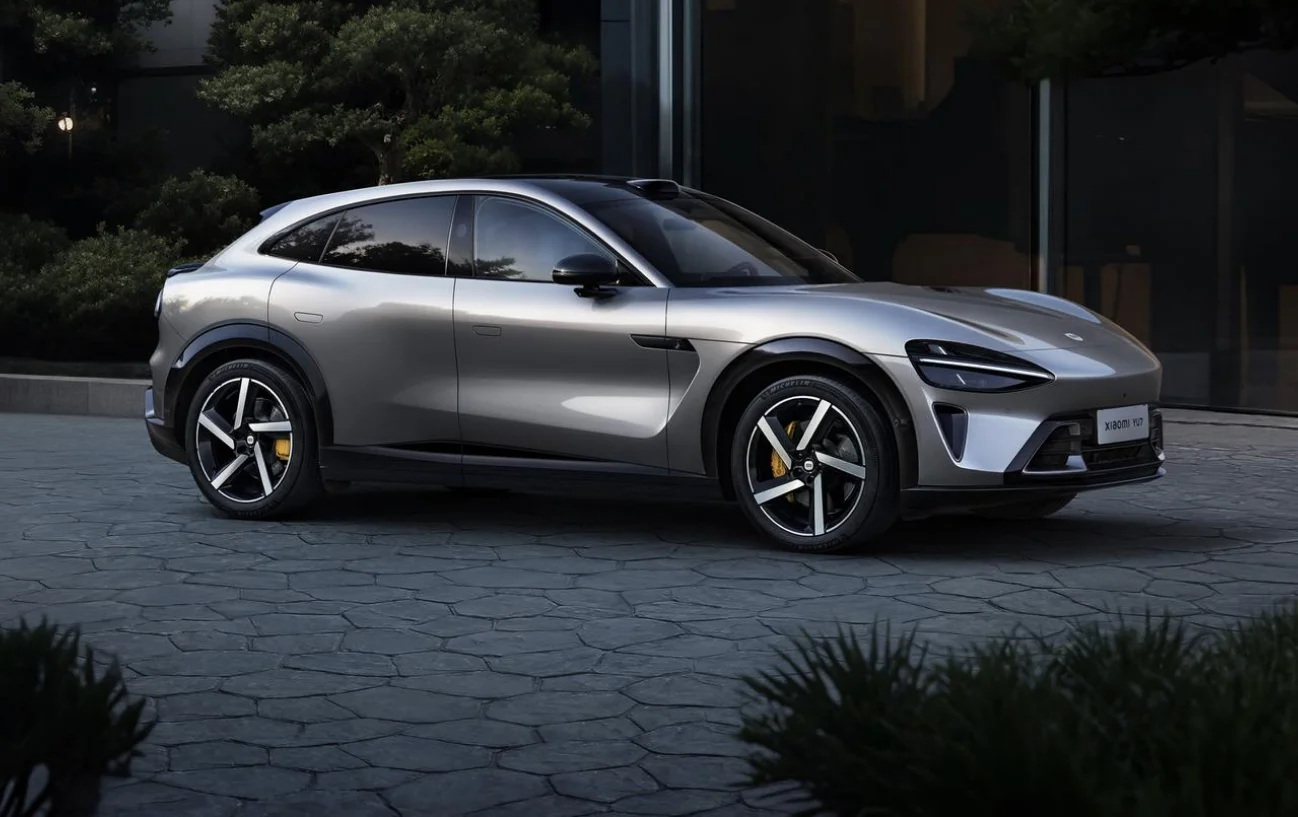
Redefining Luxury: Xiaomi’s Bold Statement
The YU7’s launch generated a staggering 289,000 pre-orders within a single hour – eclipsing the Tesla Cybertruck’s 18-month sales figures. This incredible response underscores the car’s appeal. At 253,500 yuan ($35,400), it undercuts the Tesla Model Y by approximately $1,400, yet offers superior range and comparable acceleration (0-100 km/h in under 4 seconds). This directly challenges both mass-market and luxury brands, fundamentally altering the pricing power of Western automakers.
This success reflects a larger trend: China’s dominance in the EV market. Chinese manufacturers benefit from government subsidies, a robust supply chain, and lower production costs. Xiaomi, with its $45 billion valuation, has the financial muscle to scale production and weather initial losses—a strategy mirroring its successful smartphone business model. Even Ford CEO Jim Farley has praised the quality of the SU7 after driving it for six months.
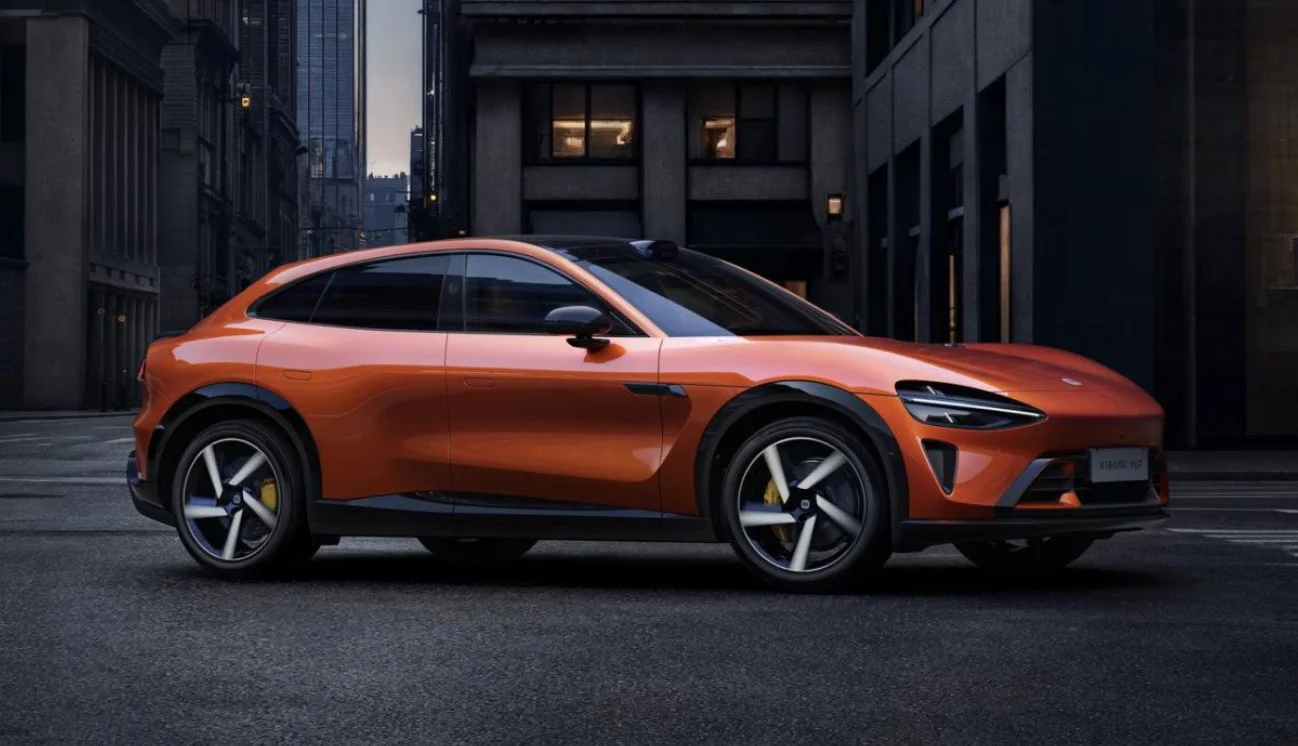
Building Trust: Addressing Consumer Concerns
While the YU7’s value proposition is compelling, concerns about quality, safety, and brand perception are understandable, particularly outside China. However, Xiaomi is proactively addressing these. The YU7 underwent rigorous testing, including Nürburgring trials, and meets China’s stringent EV safety standards. The likely use of CATL batteries, known for their safety record, further mitigates concerns.
Xiaomi’s established reputation in consumer electronics also plays a crucial role. Their smartphones, known for reliability and affordability, have a global user base exceeding 500 million. This reputation carries over, with the SU7 boasting a 95% customer satisfaction rate in China according to JD Power. Xiaomi is also expanding its service center network, planning 500 locations across China by 2026 and international hubs to address after-sales service concerns.
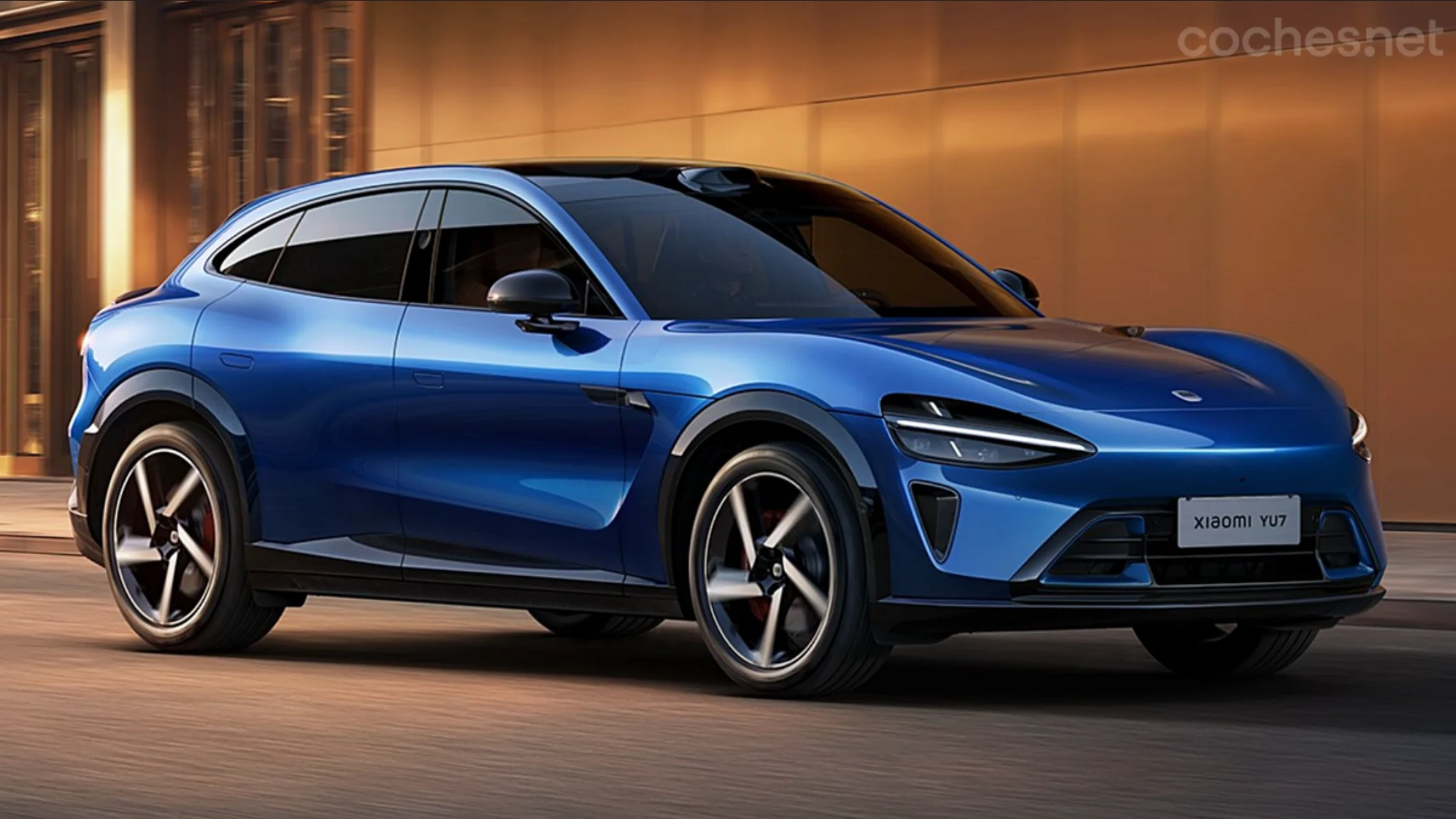
The YU7 Experience: Luxury, Democratized
The YU7’s appeal lies in its ability to deliver a luxury experience at a remarkably affordable price. Owners praise its spacious interior, premium materials, and the intuitive 15-inch touchscreen that rivals Tesla’s offerings. The HyperOS system, seamlessly syncing with Xiaomi smartphones and smart home devices, creates a unified digital experience. The YU7’s affordability democratizes luxury, appealing to younger buyers who prioritize technology and sustainability over traditional brand prestige.
Implications for the Luxury Car Market
The YU7 is more than just a competitor; it’s a game-changer. It forces established luxury brands to reconsider their strategies. Brands like Porsche, BMW, and Ferrari must adapt to compete with Chinese EVs that offer comparable performance and technology at significantly lower prices. To survive, they might focus on bespoke customization, superior craftsmanship, or explore strategic partnerships with Chinese companies.
Conclusion
The Xiaomi YU7 is a significant step forward in the EV revolution. Its combination of cutting-edge technology, stunning performance, and disruptive price point is shaking up the luxury car market. It’s a compelling argument for consumers who value technology, performance, and range without paying a luxury car premium.
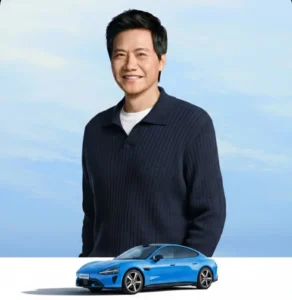
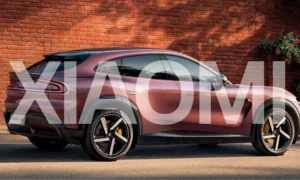
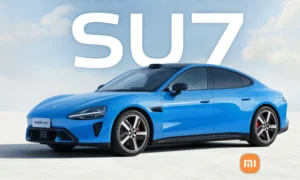





6 thoughts on “Xiaomi YU7: $35k Ferrari-Killer EV”